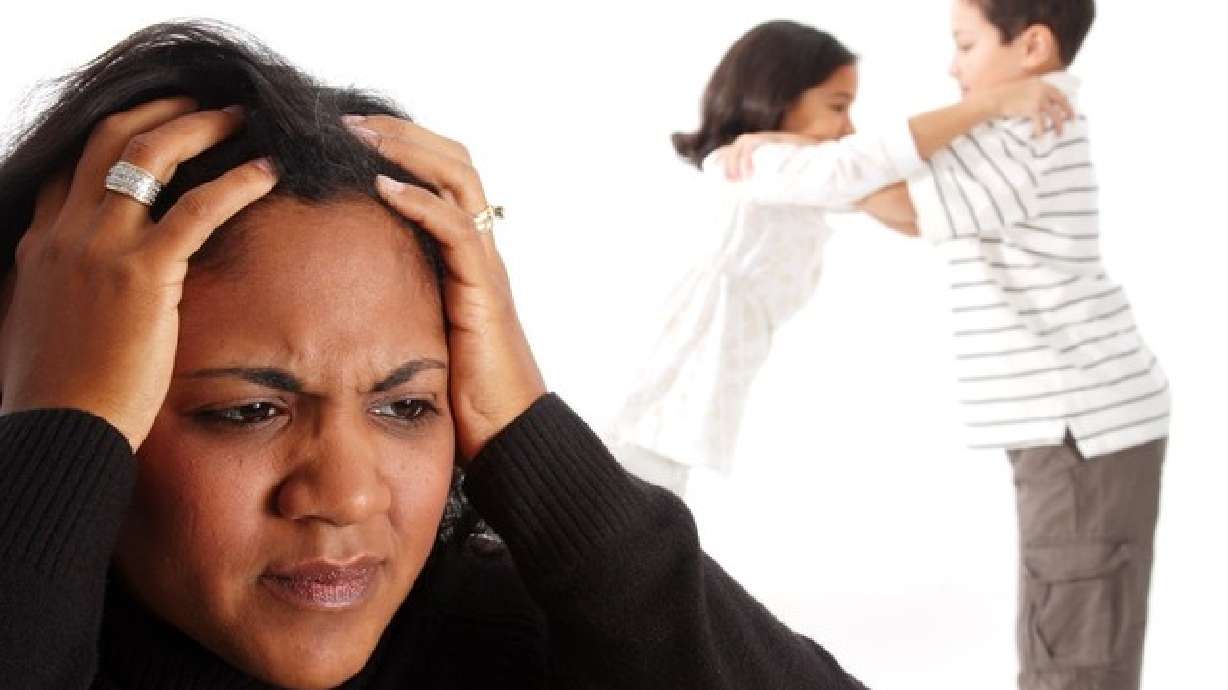Estimated read time: 4-5 minutes
This archived news story is available only for your personal, non-commercial use. Information in the story may be outdated or superseded by additional information. Reading or replaying the story in its archived form does not constitute a republication of the story.
SALT LAKE CITY — How were you punished as a child? Spanking is one of the most common methods, used by more than 90 percent of American parents at some point and condoned by more than 70 percent of the population, according to Scientific American survey data from 1995 and 2005.
I never understood spanking because, barring unfortunate sounds made at the dinner table in front of guests, I have yet to see a person’s gluteus maximus do something deserving a smack. I believe the punishment should fit the crime.
"I never understood spanking because, barring unfortunate sounds made at the dinner table in front of guests, I have yet to see a person's gluteus maximus do something deserving a smack."
Spanking, as a form of punishment for children, is not a new concept. It has been used since biblical times and probably even before then. Whatever and whenever the origin of spanking, using it on a child as punishment can cause long-term effects that may be unknown to parents:
- Spanking is normally targeted at the buttocks, but that is an area we try to teach our children is off-limits to other people. This can confuse children and, as they grow up, they may associate pain with intimate encounters.
- Hitting a child teaches them to become hitters. Children will learn their parents resolve conflicts with physical attacks, so when someone does something your child doesn’t like, their first response may be to hit.
- Physically harming your child can cause a serious rift in the parent/child bond. It’s difficult to feel love or even affection for someone who hits you.
- Spanking does not correct the behavior; it merely teaches the child to fear making mistakes.
A group of 15 experts in child development and psychology found correlations between physical punishment and an increase in childhood anxiety and depression, an increase in behavioral problems including aggression, and impaired cognitive development, even when the child’s pre-punishment behavior and development were taken into consideration, according to psychologist Sandra Graham-Bermann of the University of Michigan at Ann Arbor. She provides a wealth of information on her website at www.SandraGB.com.

Some parents may feel spanking is OK because they don’t spank hard, or they spank only once or twice a week, or any number of other reasons. No matter how we try to minimize a spanking, the bottom line (no pun intended) is spanking is still hitting a child. In fact, the definition of spanking, according to dictionary.com, is "(used with object) 1. To strike (a person, usually a child) with the open hand, a slipper, etc., especially on the buttocks, as in punishment." I can't see how striking a child could ever be considered beneficial.
Children learn one of two ways: being taught by someone or making mistakes. They are new to this world and do not understand how everything works yet.
"Since it is our responsibility as parents to teach our children how to deal with life, it would behoove us to find a more positive means of instruction than hitting them."
As adults, we often take our hard-earned knowledge for granted and fail to teach our children everything they need to know before they need to know it. By the time we reach adulthood, most daily things come naturally to us because we have been doing them for years and often forget our children haven't.
For example, if we tell our child to sweep the kitchen floor, but they have never seen anyone sweep, they will have no idea how to do it. They know it's done with the broom, but they don't know how to hold the broom or how to move it to achieve maximum effectiveness.
Since it is our responsibility as parents to teach our children how to deal with life, it would behoove us to find a more positive means of instruction than hitting them. The first thing we should remember to do is explain to children what they did wrong and why it is wrong. Knowing the reason why something is wrong can be almost as important as knowing it is wrong.
Contrary to popular belief, using “because I said so” is not going to help the child understand.
If punishment is required, there are many options that don't involve physical violence. If you are having difficulty coming up with a suitable punishment, try sitting down with your children and asking them. Give them a few options and let them choose. It is much easier for people to accept, understand and learn from a punishment when they were involved with the decision.
Think of it this way: if you were at work and made a mistake, would you want your boss to come up to you and explain the right way to do it, or would you want him or her to come over and paddle your bum?
Eric is the father of three and recently became a grandfather.









